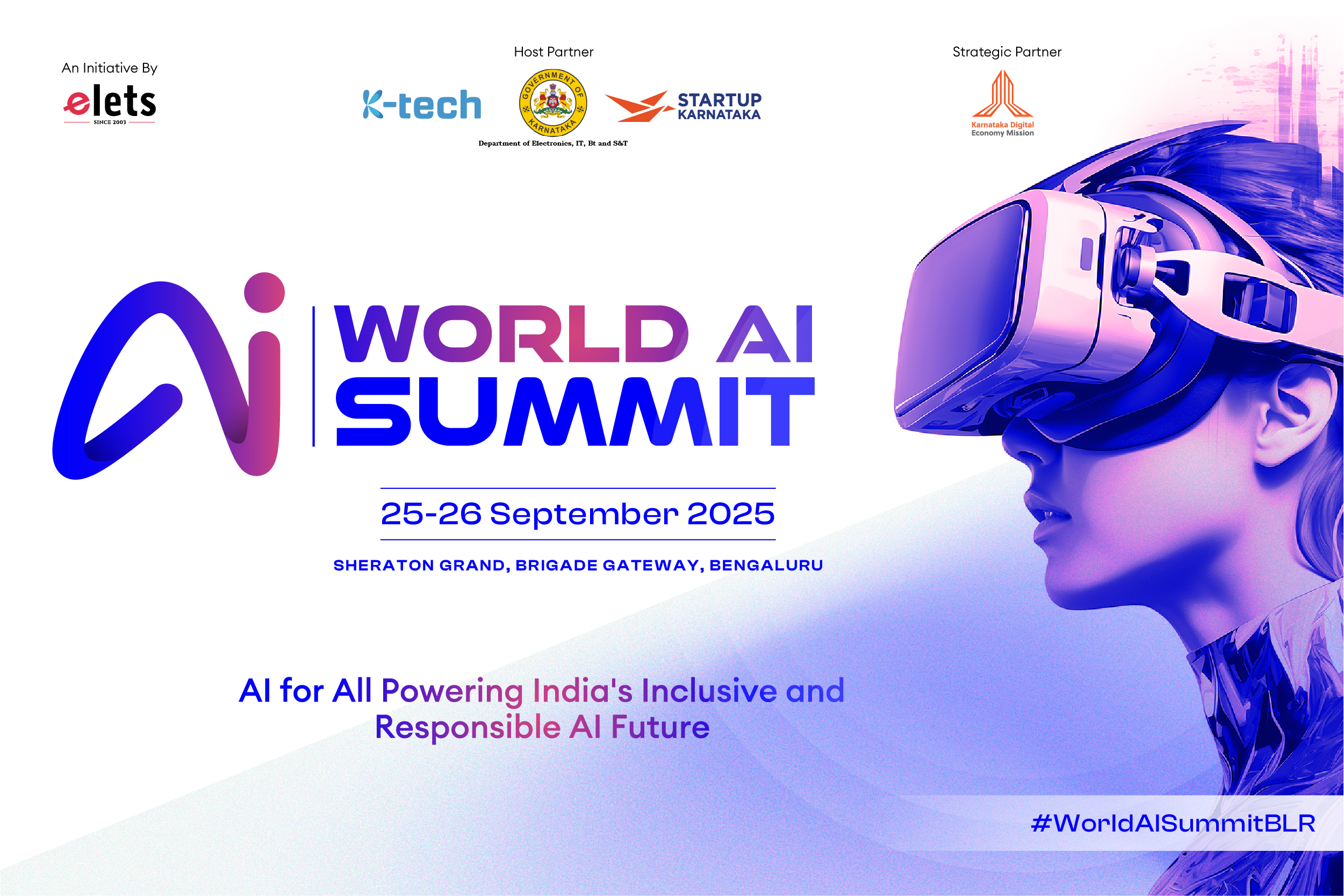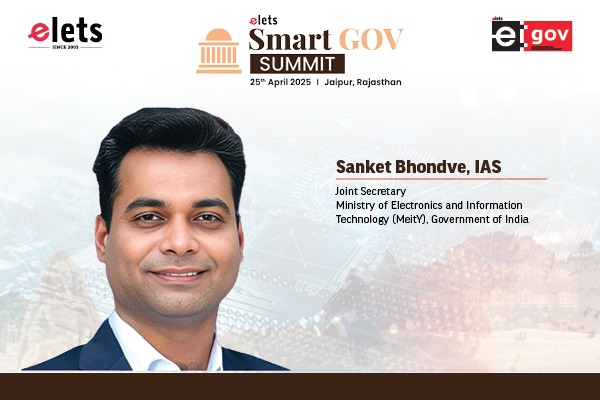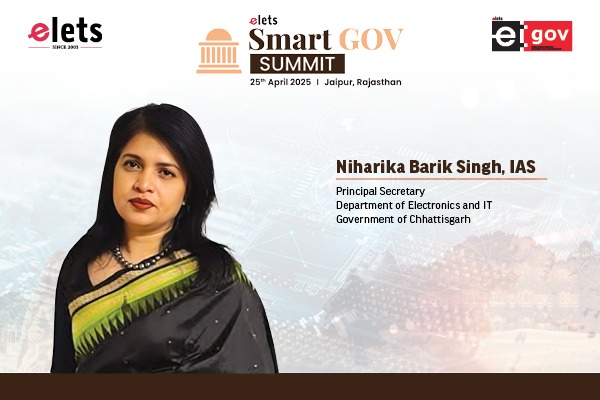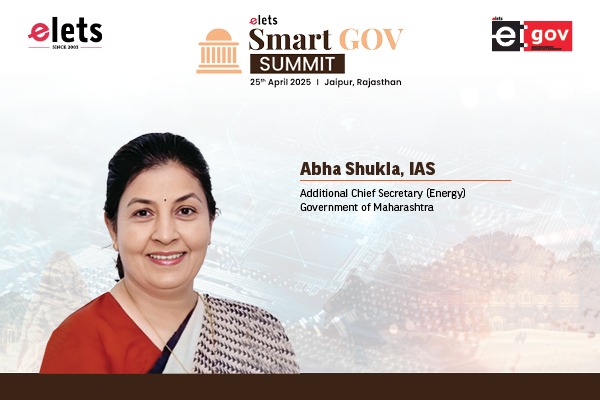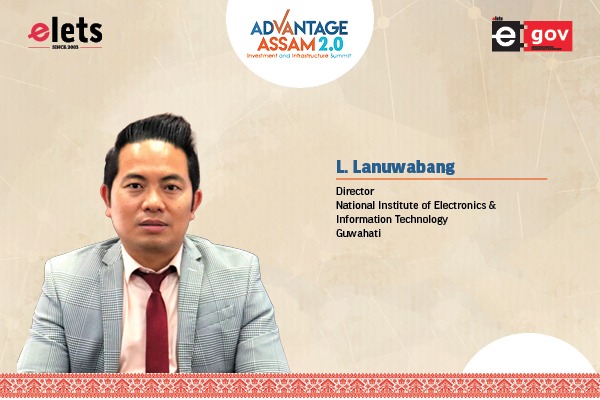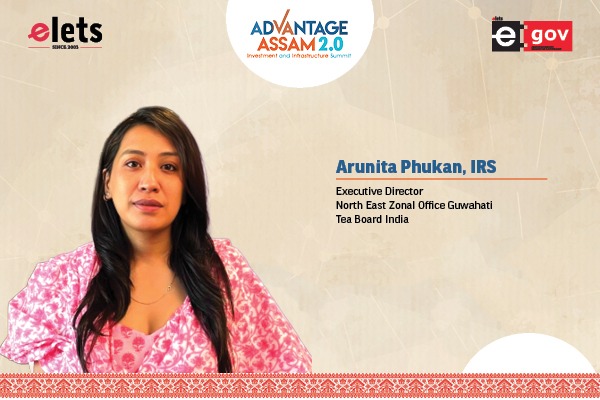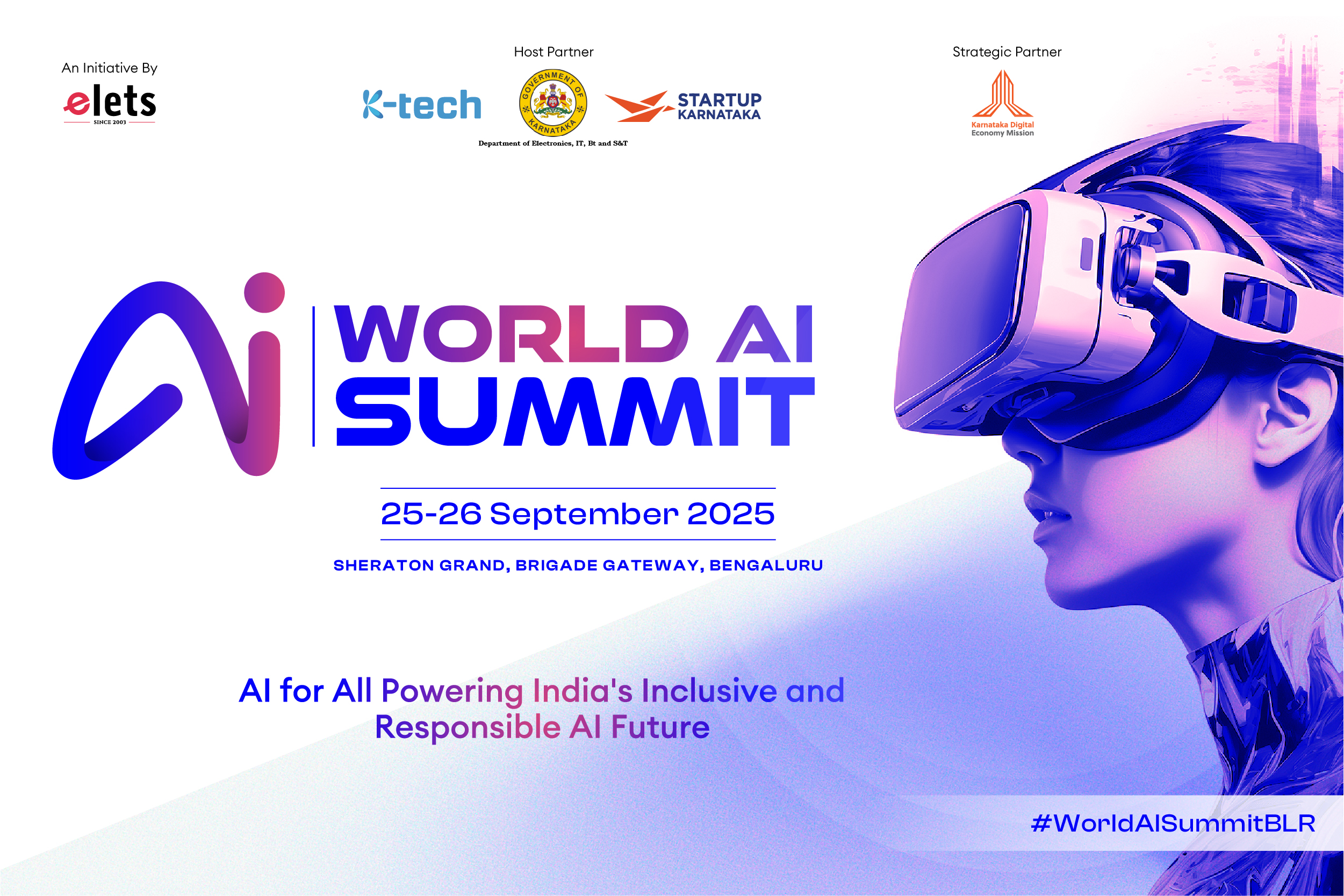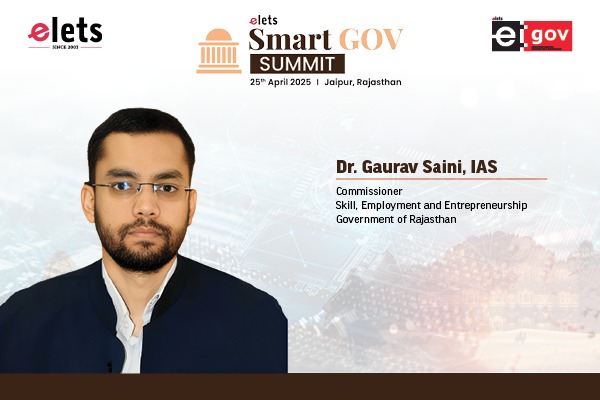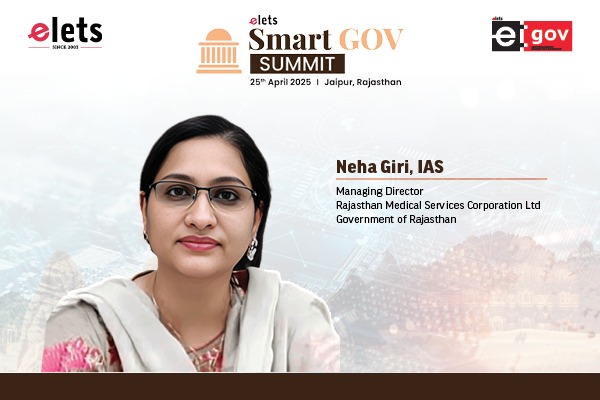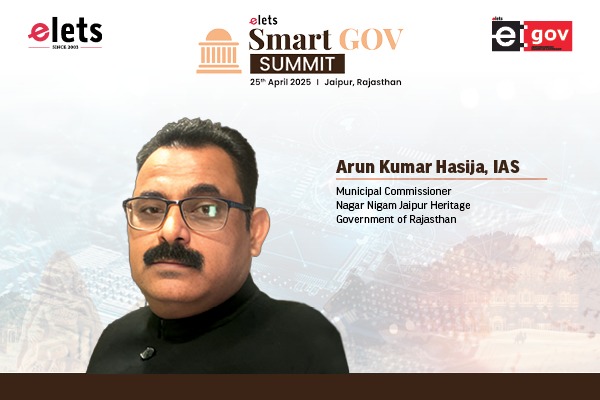
Citizens have high hopes from state IT secretaries of India and the job is not less challenging. IT secretaries from 10 states speak their mind at Conflux 2005.

First of its kind, IT Secretarys’ Conclave at Conflux 2005 brought together IT secretaries from different states of India to speak and interact in an open forum, discussing their state level execution of mission mode projects mentioned in NeGP. There were deliberations on issues ranging from absorptive capacity of the employees, technical support and capacity building issues, vendor selection based upon central framework and decentralized institution, availability and planning for creating infrastructure for implementing Mission Mode Projects (MMPs), State Wide Area Network (SWAN) to non availability of skilled personnel. Ways to ensure interoper-ability between different departments, experience sharing among states were also some focal issues that were discussed.

The panelists included S.N. Tripathi, Secretary IT and Panchayati Raj, Orissa, R.S. Sharma, Principal Secretary IT, Jharkhand, G.D. Gautama, Principal secretary IT, West Bengal, Prakash Kumar, IT Secretary, Delhi, Sanjeev Chopra, IT secretary, Uttaranchal, Rajesh Gupta, IT Secretary, Bihar, Dr. Prithviraj, Director IT, Pondicherry, Sanjeev Gupta, Secretary IT, Himachal Pradesh. Presentations were also made by J N Singh, IT Secretary, Gujarat and Narsing Rao, Secretary IT, Andhra Pradesh before the conclave, highlighting their state level plans and initiatives in e-Governance.

All the panelists in their own articulate fashion explained the gap areas and leading initiatives of their State. One key lesson, which was raised unequivocally, was the need to initiate learning and sharing of successful practices among the States. There should be some mechanism in place so that the states could learn from each other, was highlighted by all the panelists.

The forum also stressed on the dire shortage of efficient people in government and the need for capacity building of employees.
Introductory remark
The introductory remark was delivered by the moderator of the session, G.D. Gautama. He said that though India has emerged as a leader in IT space and as a knowledge super power but at the same time there is a huge digital divide and only a very small percentage of our skills are getting replicated to the ground in terms of service to the citizens. “I personally believe that this is not the kind of justice we are doing to our country as a whole” and he went on to say that the bulk of the problem lies with government itself because of its stroke mindset and resistance to new technology. At the same time he also appreciated the efforts taken by different state governments towards e-Governance. He was hopeful that situation would improve and “the way India has emerged as knowledge super power, similar kind of diligence we would see in e-governance too.”
Ram Sewak Sharma
Principal Secretary, IT
Government of Jharkhand
He focused on four crucial issues related to his state. “My state was created 2 years back. We have had some advantages and disadvantages. Absorptive capacity is certainly an issue specially among the states which are not so advanced in using ICT. People still feel doing things the old way is the good way. There is a need for a very intensive training for our people. In the limited time of 2 years we have tried to have two in-house training centres for our employees as they prefer not to go out for training anywhere.”
Talking about outsourcing, he said, “outsourcing is a fashionable word now but there is a limit to outsourcing. How much can you outsource? There should be atleast a critical mass of people who are competent, professional, know their job and have that kind of drive and vision in your department.”

He highlighted the limitation of efficient people in his department in Jharkhand, “I don’t have them and my colleagues would agree that there is a huge constraint at the state-level in terms of institutional capacity. NeGP seeks to fulfill that gap and hopefully it does succeed.”
A very common complain, which he also referred was the transfer of persons heading the e-Governance project. “You need champions in each department to carry forward those projects and if you transfer the champion, the project is doomed. The whole process has not become institutionalised as one would like it to become. Therefore it is still individual driven. Instability of tenure of people involved in e-Governance is definitely a matter of concern but I am not sure how much this forum can do about it.”
Prakash Kumar
Secretary, IT
Government of NCT of Delhi
He cited some major issues related to sharing of experience and application software among departments and states. “We made a product called In-house tender notice information system, which is being used by Government of Jharkhand, Department of Post. In fact we had send an offer letter to all the states that if they are interested they can use. If more people will collaborate, large number of tender notices will be available at one point and all this will be automated.” He talked about how repeated efforts and money are being put in by different departments to develop a similar application.
Giving the example of e-Procurement, he said, “In a state each agency is going for e-Procurement. Who is benefiting? The vendors. Because they will be charging more. If we all pool in together like Brazil has done – for all the 3 levels of government all the procurement is done through one web-based software which means huge opportunity for vendors, they economise, registration charges are less, overall everbody benefits. Here each one is going separartely – every state, National Informatics Centre, Railways, Municipal Corporation of Delhi, etc.”
He highlighted that Delhi govern-ment has put all the e-Governance projects of the state and related useful information in a database. Thus creating a valuable resource, which could be shared among the other states. He suggested similar such initiative should be taken up by Dept. of Information Technology (DIT)and other states too.
He stressed on the fact that the government should retain IPR of the products developed for them. “Mostly when we get customized software developed for us, we give IPR rights to the vendors. If we take care of that we will be able to share this kind of application software amongst ourselves. Rather than everyone spending money on the same product.”
He showed concern over capacity building of senior people who understand and adopt projects. “There is a huge shortage of such people who are heading bureaucracy different departments in appreciation of different projects, adopting, running and operating it. We have to probably wait for another 7-8 years till people of my seniority are here to take up such projects.”
“In NeGP, there are some mission mode projects but apart from them there are many more projects, where a lot of work has been done in different states. The need is to put them all together so that those who have not started those projects can adopt them, learn from them and proceed further. For example Personal Information System (PIS), accounts and HR – every department is using different software. For PIS, your payment system goes for a six because you are using different application softwares in different departments. We are concentrating more on MMPs. These are small projects, which we need to think about too. There should be one software for the entire state and it has to be dynamic in nature. If you develop a product let it be compulsory for everyone to use it. DIT should also be looked into this.”
Sanjeev Chopra
Principal Secretary, IT
Government of Uttaranchal
Mr Chopra, who has been recently posted in IT Department gave a point-of-view how other departments look towards IT. “Lets look at the life when I was not in the IT department. The fact is that the other departments do not own IT. IT is not mainstream. In the few weeks that I have spent in this department, I am very clear that there has to be multiple champions across the line in all the departments finding IT for making life easier and simpler for them. We should ask ourselves – how as IT secretaries we could make life within the government easier, for our colleagues trying to implement IT? If we can make the work of other secretaries and other collectors easier, more professional, more transparent and more meaningful by implementing IT we will get many more converts to our cause otherwise it is looked down upon not only as vendor driven but also as IT department driven. Having built this confidence among other departments, the job of change management is very irrelevant.”

He also reflected that many innovations have been done already by many states. Lot of it has to be learnt from each other, what we haven’t done so far.
As stated prior by Mr. Gautama that there lies an attitude problem with the government officials, Mr Chopra emphasised that it is more than a question of attitude. “If technology is available, if technology is simple and affordable, people will lap them. This is a great myth that we have to break that IT barrier, which is impossible. If we can show that by adopting IT, you can pay your bills online, take it to remotest corner of state and bridge digital divide as we have done in many places. Then as an IT department we would have performed a very important service. I have not seen resistance to IT in that sense but I feel we have not been able to get other departments convinced about the fact that we are doing it in their best interest. There is a major communication failure of the IT department vis-á-vis other departments in the government.”
He went on to highlight a few of Uttaranchal’s strides in e-Governance. Uttaranchal is taking up a project Aarohi. We have done it with Intel and we have been very successful at that. We have computers and computer training to all children from class 6th onwards and we have been able to train 25,000 teachers in Uttaranchal so far. Few days back I was looking at the presentations of children from Pithoragarh, Uttarkashi, the kind of projects they can come up with it lets us feel that given the right sort of infrastructure, opportunities, people can do a lot. In another project Shikhar, we are providing Master’s level courses.”
Differing to what Mr Sharma said that lack of many competent people in his department is a limitation, Mr Chopra said, “It is an advantage that we do not have a large department in IT. Smaller departments are an advantage rather than being a disadvantage. Larger the department, there are more man management problems.”
S.N. Tripathi
Secretary, Panchayati Raj and IT Government of Orissa
He added a flavour of humour to his speech recounting some of his very interesting experiences and talking about the bureaucratic problems, which exists in the government. He pointed out the pain areas as he said, “Even buying computer is a uphill task. When I negotiated with a particular vendor, he gave me a discounted rate. Another colleague of mine sent it to enquiry saying since he is buying them for so low, there must be ‘something’. When you start selecting the vendors for writing your software, you are not buying a solution but handing over your job to him. When you a buy CD worth 85 lakhs and you find the file corrupt or not respond-ing, the original suspicion is proved by the system that the government fellow does not know what to buy.”
Thereafter, he suggested that there should be system software auditing firms “who will certify that software we are buying are audit complianced and assures it contains what is supposed to be delivered”.
With regard to the developments in Orissa, he informed the participants, “It is not that we are lagging. We thought we would first take up the content development, then take up the connectivity issues, then talk about computer systems and communication we thought we would leave for these kind of conferences. Today all 6234 gram panchayats in Orissa are giving their monthly return online in a computer environment. All 314 rural bodies are drawing their salary through web-enabled package, they are doing their day-to-day accounting in a stand-alone package and putting the entire report of 82 schemes on the daily basis, which is accessible to each citizen. My blocks are covered on Internet, where they are using emails.”

He highlighted the need of standardisation of various applications while saying, “My colleague was talking about e- Procurement Delhi experience and we have just started conceiving this idea. If we can standardize this, let it be through any agency. Let the vendors association find out some certification. If you buy this, this is type of service delivery you will get. This is the optimum and floor price.”
He also informed that they rely on NIC to implement and support their State’s e-Governance projects and went on to say that things also get delayed due to NIC.
Rajesh Gupta
Secretary, Department of Science and Technology
Government of Bihar
He said despite of the fact that Bihar is a very challenging state and is under President’s rule for past few months, they have been able to do some wonderful work in certain sectors. For example, in Commercial Tax department with the help of NIC they have developed very good monitoring system and in high courts they have computerised the entire case system. A citizen can see the status of a particular case online. He also informed that decision has been taken to engage National Institute of Smart Government (NISG) as a consultant.
There has to be a judicious mix of decentralisation and centralisation. I would like to urge to Department of Information Technology (DIT) that while a centralised approach should be in a form of a broad framework, states should be allowed to have their own say when it comes to actual implementation.
Sanjeev Gupta
Secretary, IT, BT and S&T
Government of Himachal Pradesh
He highlighted a very key aspect regarding the flexibility of the states to carry out certain activities beyond projects those are listed in NeGP.
He spoke on the issue of absorbtive capacity of the employees, “I think we are really underestimating our employees/ our colleagues if we feel that they don’t absorb whatever knowledge is imparted to them. I think what is important is that from absorbtive capacity, it has to evolve into a capacity to deliver. So we have to talk about the capacity building of the end-users. When I say end-users, I mean the people who are going to deliver these services across the counter. Why do we outsource front end services in the Common service centres because we are not confident that our Class A assistants who are delivering those services in manual systems will delivered when it would come to working on a computer, taking a print-out. I strongly feel that capacity building as given in the guidelines floated by DIT is very important. But the fact remains that they need to get trained in drafting an EOI, RFP but at the same time people who are going to use IT at the front end should be thoroughly trained and it should be an integral part of an e-Governance initiative. By outsourcing we are increasing the cost and making those people sit idle.”
He also stressed on the fact that there should be some flexibility with the states in the case of undertaking e-Governance activities. “In NeGP, certain projects have been identified as State Mission Mode projects. I strongly feel that there should be flexibility with the States. There are quite a few activities, which other states, like Himachal Pradesh, would like to undertake. For instance MIS, Call centre for grievance redressal, answers to queries of villagers and farmers, e-Learning, GIS for planning and development works, monitoring of works, physical and financial progress, public distribution system and of course capacity building of the employees. Therefore the activities should only be only listed in the Guidelines and State governments should be allowed to increase the scope of activities.”
On whether there should be a decentralised framework he said, “there has to be a judicious mix of decentralization and centralization.
I would like to urge to DIT that while a centralized approach should be in a form of a broad framework, states should be allowed to have their own say when it comes to actual implementation. For example, Why Remote Access Server (RAS) is not being allowed in SWAN? I feel RAS is critical in any mission mode operation. So local variations and innovations must be permitted.”
He reiterated the fact once again that sharing of knowledge among the states is very important. “It is very important that whatever we are doing in different states should be shared amongst ourselves first. Why do we need a consultant for techno-logy? Prakash has taken out a book, which describes all the e-Government projects of Delhi Government. Other States need to do a similar thing as well. I came to know a few things about Orissa here, which I did not know. With all the Panchayats being wired and data being exchanged centrally is a news to me. Now if such things are exchanged among the states and any software we get developed, IPR should be with us and we take a permission that we would like to share with other states, it should be permitted.”
Talking on the issue of project reports, he said, “There is also lot of emphasis on preparing budget reports, carving out a framework for departmental roadmaps, defining process re-engineering. Now when areas have been so clearly defined some of which are governed by central laws, why can’t be standard project reports be made by DIT and be shared all the states. Why should all the states spend their money on the same reports repeatedly? For example land records, motor vehicle registration, a standard project report will almost work throughout the country. I strongly feel that this replication of work is not only wastage of government money but also efforts put in for making those reports.”
Key Recommendations
-
There is a need for intensive capacity building of government officials at all levels. In-house training options should be explored more rather than always sending officials outside the city or state.
-
There is a requirement to hire more competent and skilled people in government to execute e-Governance projects.
-
Instability of tenure of people in e-Governance and frequent changes is a matter of concern.
-
Political support for any e-Governance program is a very crucial factor.
-
There should be more sharing of experience and knowledge among the states. It could be done through e-Learning platform also.
-
States should develop and maintain a database of all their respective e-Governance projects and its related useful information, which could then be shared with other states.
-
There is a need of standardization of applications across different departments. There should be a mechanism whereby application software developed by one department could be shared by other departments and states too. Retaining the IPR rights with the government is one way.
-
Apart from mission mode projects (MMPs) mentioned in NeGP, there are many other small projects, which are required to be done at the State level. There should be some flexibility with the states to undertake e-Governance activities independent of those mission mode projects.
-
Standard project reports should be made by DIT and shared by all the states.
-
There should be some system software auditing firms, which could certify the software bought by government from vendors.
-
There is a major communication failure of the IT department vis-á-vis other departments in the government. There is a need to convince other departments to own IT.
V. Prithviraj
IT Department, Pondicherry
He also stressed that Process Standardi-sation to be very important and the e-Governance forum should take it up and standardize the process and share with different states and UTs.
Giving some key insights of e-Governance initiatives in Pondicherry, he said, “we did a small project at Pondicherry called OPDI, where we looked at standardisation and integration of various processes. This organisation process documentation can serve as an important document to empower the stakeholders i.e. the government employees. Tomorrow if you want to do change management, capacity building, process reengineering, there is an excellent document which can be put in front and can take up from this point and do it more effectively. Another interesting thing what we have tried to reengineer in SWAN guidelines is a disaster recovery network using VSATs.”
He also informed that they are looking into Open Systems and Open Standards in a big way. On sharing of practices among the States, he suggested an e-Learning kind of advocacy could be taken-up for e-Governance to be shared among the States.
At the end of the discussion and comments made by the State IT Secretaries, questions were raised by the audience participants regarding the lack of coordination among the IT departments of the States, the issue of continuity of the IT initiatives, promotion of the small entrepreneurs for developing IT applications and on the requirement of the flexibility of DIT guidance.
Be a part of Elets Collaborative Initiatives. Join Us for Upcoming Events and explore business opportunities. Like us on Facebook , connect with us on LinkedIn and follow us on Twitter, Instagram.
"Exciting news! Elets technomedia is now on WhatsApp Channels Subscribe today by clicking the link and stay updated with the latest insights!" Click here!




